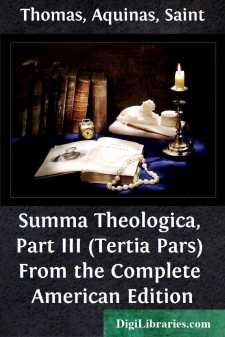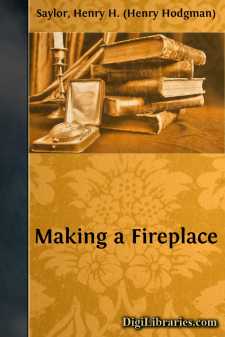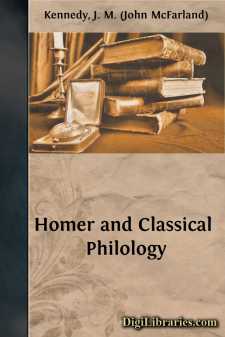Categories
- Antiques & Collectibles 13
- Architecture 36
- Art 48
- Bibles 22
- Biography & Autobiography 813
- Body, Mind & Spirit 142
- Business & Economics 28
- Children's Books 14
- Children's Fiction 11
- Computers 4
- Cooking 94
- Crafts & Hobbies 4
- Drama 346
- Education 46
- Family & Relationships 57
- Fiction 11829
- Games 19
- Gardening 17
- Health & Fitness 34
- History 1377
- House & Home 1
- Humor 147
- Juvenile Fiction 1873
- Juvenile Nonfiction 202
- Language Arts & Disciplines 88
- Law 16
- Literary Collections 686
- Literary Criticism 179
- Mathematics 13
- Medical 41
- Music 40
- Nature 179
- Non-Classifiable 1768
- Performing Arts 7
- Periodicals 1453
- Philosophy 64
- Photography 2
- Poetry 896
- Political Science 203
- Psychology 42
- Reference 154
- Religion 513
- Science 126
- Self-Help 84
- Social Science 81
- Sports & Recreation 34
- Study Aids 3
- Technology & Engineering 59
- Transportation 23
- Travel 463
- True Crime 29
Sort by:
by:
Tibullus
PREFACE Albius Tibullus was a Roman gentleman, whose father fought on Pompey's side. The precise dates of his birth and death are in doubt, and what we know of his life is all in his own poems; except that Horace condoles with him about Glycera, and Apuleius says Delia's real name was Plautia. Horace paid him this immortal compliment: (Epist. 4 bk. I). "Albi nostrorum sermonum candide...
more...
by:
Aquinas Thomas
In a few places, where obvious errors appeared in the Benziger Brothers edition, I have corrected them by reference to a Latin text of the Summa. These corrections are indicated by English text in brackets. For example, in Part I, Question 45, Article 2, the first sentence in the Benziger Brothers edition begins: "Not only is it impossible that anything should be created by God…." By...
more...
by:
George W. Gage
MALICIOUSLY ACCUSED “Let them think what they like. If I had died I would have been a hero; because I lived I suppose there is nothing in the history of crime that I have not committed.” Young Captain Code Schofield sprang out of the deep, luxurious chair and began to pace up and down before the fire. He did not cast as much as a glance at the woman near him. His mind was elsewhere. He had heard...
more...
INTRODUCTION In a book of this kind there is no particular need for dwelling at length on the desirability of having a fireplace. That will be taken for granted. It is enough to say that in these days a home can scarcely be considered worthy of the name if it does not contain at least one hearth. There is some inexplicable quality in a wood fire that exerts almost a hypnotic influence upon those who...
more...
APOLOGY. Fifty years ago! Gracious me! It makes me think of my age to talk of it. Yes, just fifty years ago was enacted the greatest tragedy the world ever saw, THE CIVIL WAR. I entered the service at twenty and one-half years of age and served three and one-half years. At different times I have told of some of my experiences, which seemed to interest. Sometimes I have talked to literary men, story...
more...
by:
Alfred Coppel
The river ran still and deep, green and gray in the eddies with the warm smell of late summer rising out of the slow water. Madrone and birch and willow, limp in the evening quiet, and the taste of smouldering leaves.... It wasn’t the Russian River. It was the Sacred Iss. The sun had touched the gem-encrusted cliffs by the shores of the Lost Sea of Korus and had vanished, leaving only the stillness...
more...
by:
Henrik Ibsen
A DOLL'S HOUSE ACT I (SCENE.—A room furnished comfortably and tastefully, but not extravagantly. At the back, a door to the right leads to the entrance-hall, another to the left leads to Helmer's study. Between the doors stands a piano. In the middle of the left-hand wall is a door, and beyond it a window. Near the window are a round table, armchairs and a small sofa. In the right-hand...
more...
At the present day no clear and consistent opinion seems to be held regarding Classical Philology. We are conscious of this in the circles of the learned just as much as among the followers of that science itself. The cause of this lies in its many-sided character, in the lack of an abstract unity, and in the inorganic aggregation of heterogeneous scientific activities which are connected with one...
more...
by:
Alfred J. Dewey
Sophy smiled at her image in the mirror, and her grey eyes smiled back at her. The shadows under them—warm, golden stains like those on a bruised magnolia leaf—gave them a mysterious, impassioned look. She felt that she was going to have a happy evening. In those days, in the early '90s, electric light was not much used in the houses in Regent's Park. Candles in brass sconces lighted her...
more...











